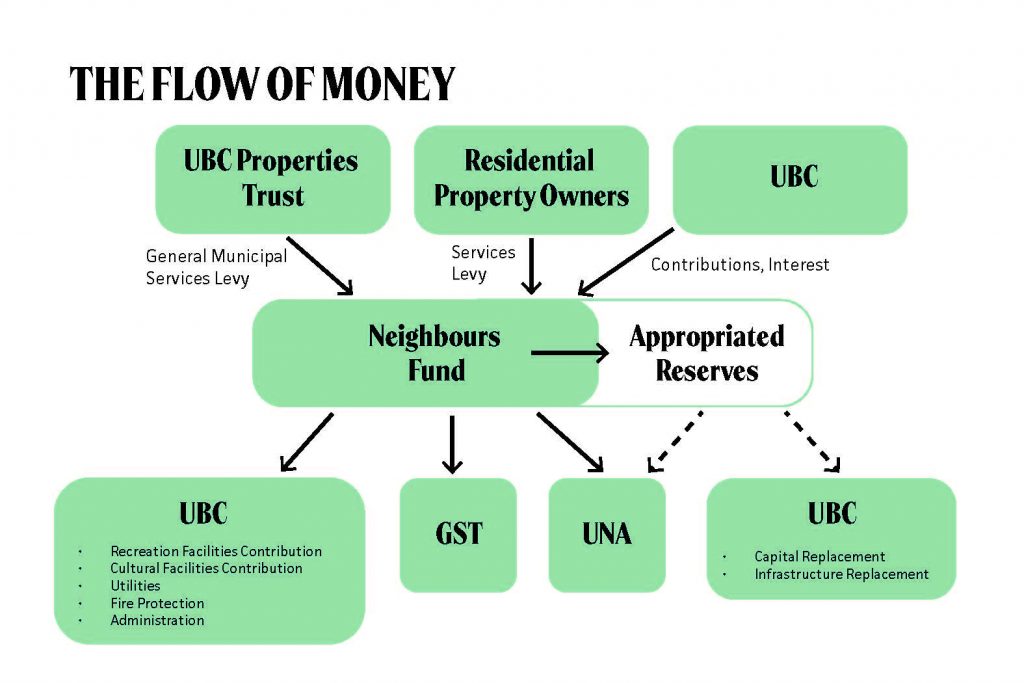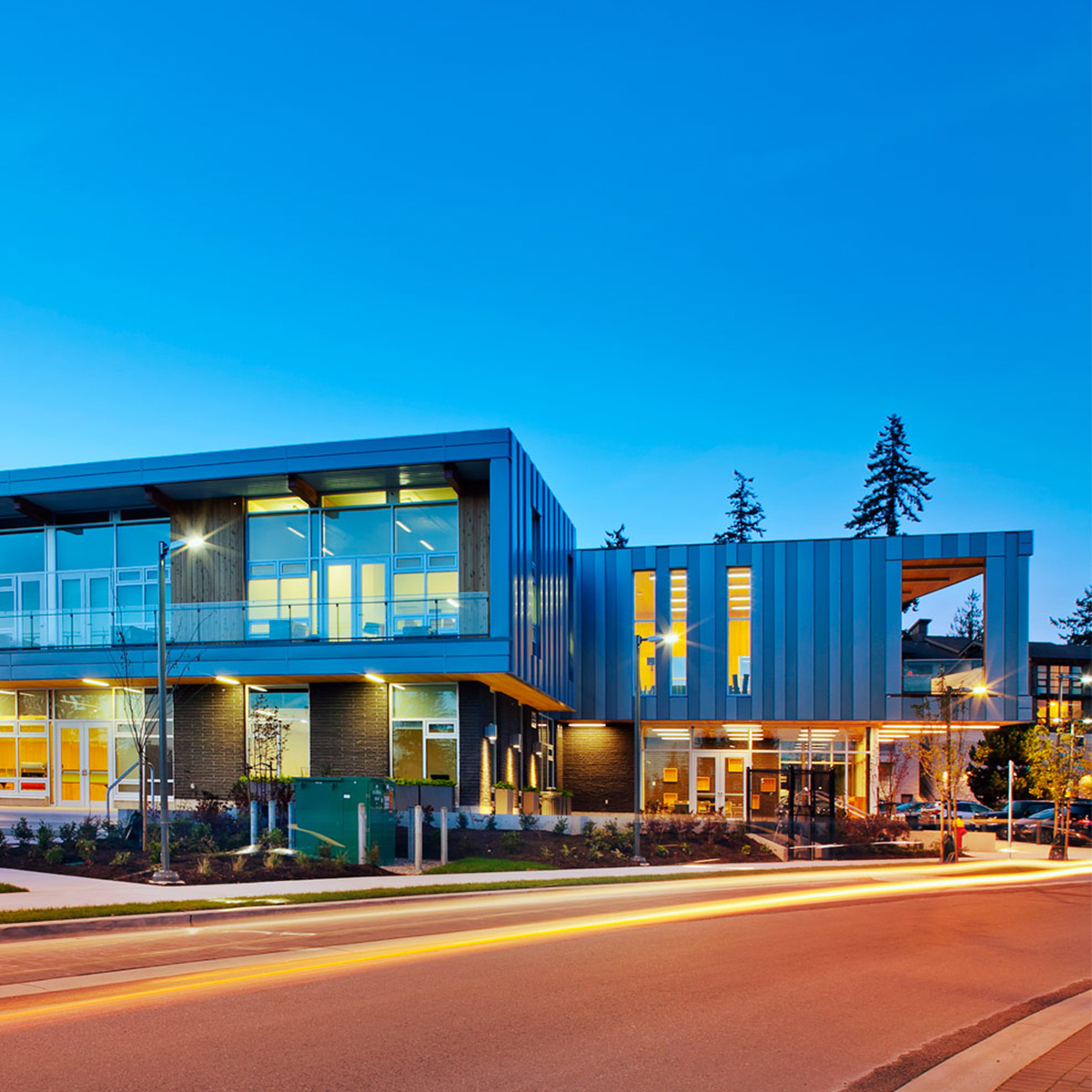UNA board members have voted to submit the 2024–2025 budget to UBC for implementation.
The budget provides details on more than $8 million in spending for the 2024– 2025 fiscal year, which runs from April 1, 2024, to March 31, 2025.
It allocates funds for core services such as waste collection, landscaping, parking enforcement, equipment upgrades, and community programs such as camps.
During debate on the budget at the most recent board meeting Feb. 20— where a vote on the budget was on the agenda—UNA director Fei Liu asked whether the vote could be delayed to address some concerns from residents. According to Liu, residents had approached her, asking for detailed information about UNA staff salaries and other administrative expenses.
In addition, Liu had asked to see a copy of an as-of-yet unpublished op-ed submitted to The Campus Resident by director Bill Holmes, which was written in response to a petition created Chancellor Place resident Brad Chen, who had also voiced strong concerns over the budget and the UNA budgetary process.
Holmes, in response, said Chen’s concerns had already been addressed and a vote on the budget was required without delay due to the beginning of the fiscal year on April 1.
Ultimately the board went ahead with the vote, with directors Holmes, Murray McCutcheon, and Eagle Glassheim voting for the budget, while Liu voting against.
The budget will now be submitted to UBC, and the university will assess whether expenditures are in line with stipulations of the Neighbours Fund. Under the Neighbour’s Agreement, UBC is entitled to receive the budget 45 days before the end of the fiscal year.
The budget has two parts: an operating budget that covers the UNA’s operations, and a capital budget.

The capital budget is used for upgrades to the Wesbrook Community Centre and covers the costs of parks, as well as other expenses on assets such as fitness and computer equipment, furniture and fixtures.
Most of the money in the budget comes from the Neighbours Fund. The entire budget is topped up from reserve funds and any surpluses from previous years.
UBC holds the Neighbours Fund account, which is funded by a levy paid by residential property owners in the university neighbourhoods and the General Municipal Services Levy, which is paid by UBC Properties Trust on its buildings in the university neighbourhoods. The Neighbours Fund is designed to cover the municipal-like services outlined in the UNA budget.
The UNA will receive $5.6 million from the Neighbours Fund for the 2024–2025 budget, after UBC makes withdrawals for expenses such as storm sewers, fire services, and access to UBC recreation facilities for UNA residents.
Added to this figure is an estimated $1.4 million in revenues from the Wesbrook and Old Barn Community Centre culture and recreation programs, common-area maintenance support from UBC of $708,653, revenue from additional UNA programs, collections from parking enforcement, and external grants.
Combined, these sources are expected to provide the UNA with $8,136,193 in spending power—an increase of 11 per cent from the 2023–2024 fiscal year.
In addition to core operations and expenses, the budget seeks to align with some of the UNA’s strategic priorities (myuna.ca/strategic-plan/). As a result, the organization has set aside $7,500 for a volunteer recognition dinner, $90,000 for a tree management plan, and $12,000 to paint the interior of the Old Barn Community Centre. It also expands the RRSP program for UNA staff at a cost of $55,000.
The 2024–2025 budget is balanced— meaning no surplus or deficit is expected after all estimated revenues and expenses are accounted for.
UNA Finance Manager Athena Koon told The Campus Resident, “As the community keeps growing, we are projecting the UNA to continue to be in stable fiscal health.”
Koon says the UNA’s public consultation efforts for the 2024–2025 budget were met with a generally muted public response, with only one instance of feedback.
The strongest public criticism on the budget came from Chen, the author of the petition.
After meeting with UNA directors previously to voice his concerns, Chen circulated his petition titled, “Demand Better Financial Management and Community Focus in UNA’s 2024–25 Budget.” As of late February, the petition had 391 signatures.
As mentioned during the board’s budget debate, Chen also authored an op-ed that appeared in the February edition of The Campus Resident and can be found here.
Director Holmes’ op-ed addressing Chen’s budget critique can be found here.
EMMANUEL SAMOGLOU IS THE MANAGING EDITOR OF THE CAMPUS RESIDENT.
